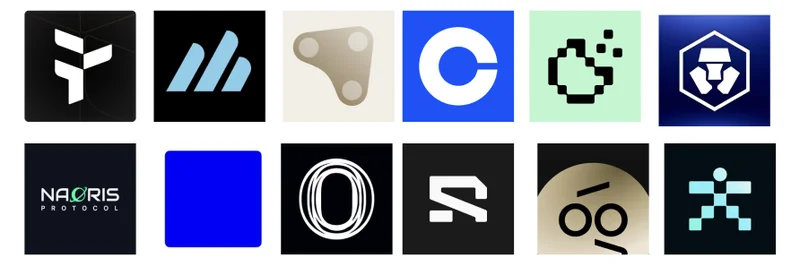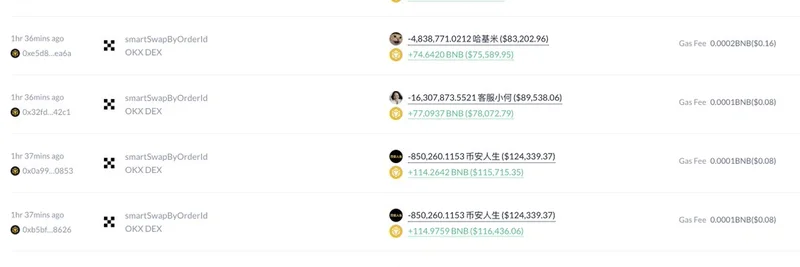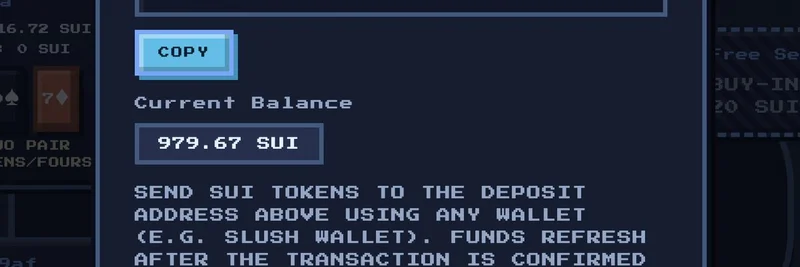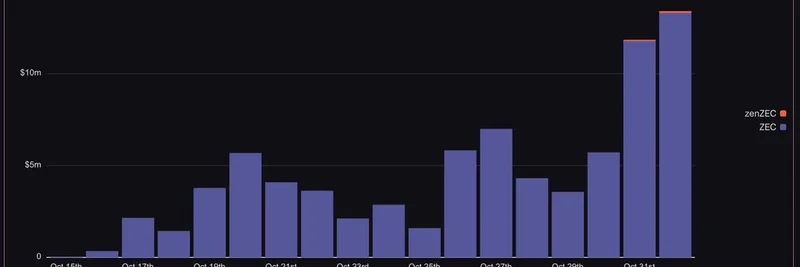In the ever-evolving world of cryptocurrency, it's fascinating to see how some folks cling to the status quo like it's the last lifeboat on the Titanic. Laura Shin, a prominent crypto journalist and host of the Unchained podcast, recently shared her thoughts on this phenomenon in a tweet that's sparking conversations across the space.
Shin points out something we've all noticed: people who believe the world they've always known is the pinnacle of perfection and dismiss any hint of change. Specifically, she calls out those who scoff at Bitcoin, arguing it lacks the "full faith and credit of the US government" like the dollar does, or who mock its scarcity as something "fake and made up." She even hints at similar views on non-crypto topics but wisely avoids diving in to prevent a backlash.
This resistance isn't new—it's human nature. But in crypto, where innovation moves at lightning speed, it can blind people to real opportunities. Bitcoin's scarcity, enforced by its protocol limiting supply to 21 million coins, is a core feature that drives its value. Unlike fiat currencies that central banks can print endlessly, Bitcoin's design mimics precious metals like gold, creating digital scarcity that's verifiable on the blockchain.
Parallels in the Meme Token World
Now, let's tie this back to meme tokens, the wild, community-driven corner of crypto that Meme Insider loves to cover. Meme coins like Dogecoin or newer entrants often face the same skepticism. Critics label them as "jokes" or "scams" without backing, ignoring how they leverage social momentum, viral marketing, and sometimes even utility in decentralized finance (DeFi).
Just as Bitcoin challengers question its government backing, meme token detractors overlook the power of community consensus. In blockchain, value isn't just about official stamps—it's about what people agree upon. Remember, Dogecoin started as a meme but has built a massive following, even getting nods from figures like Elon Musk. Its "fake" origins didn't stop it from becoming a cultural phenomenon.
Shin's tweet reminds us that dismissing innovations because they don't fit old molds can mean missing out. For meme token enthusiasts, this means staying open to new projects that blend humor with tech, like those incorporating non-fungible tokens (NFTs) or play-to-earn mechanics.
Lessons for Blockchain Practitioners
If you're deep in the meme token game or just dipping your toes, Shin's insights offer valuable takeaways. First, educate yourself on history—crypto didn't emerge in a vacuum. From ancient barter systems to digital ledgers, money has always evolved. Understanding this helps counter skeptics with facts.
Second, embrace a growth mindset. The crypto space thrives on adaptability. Whether it's Bitcoin's halvings that reinforce scarcity or meme tokens' rapid iterations based on community feedback, change is the constant.
Finally, don't fear the shitstorm—Shin's light-hearted note about avoiding controversy is relatable, but sharing bold ideas is how we advance. At Meme Insider, we're all about fostering that dialogue to help you navigate the latest in meme tokens and beyond.
What do you think? Have you encountered similar resistance in your crypto journey? Drop your thoughts in the comments, and stay tuned for more insights on meme tokens that could shape the future of blockchain.




